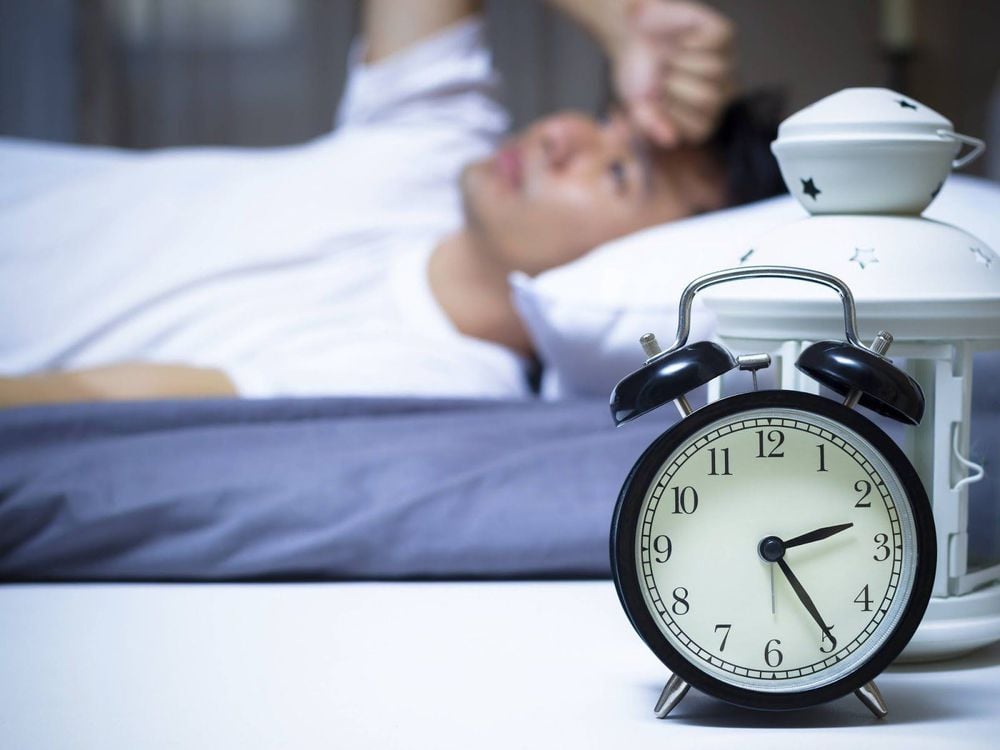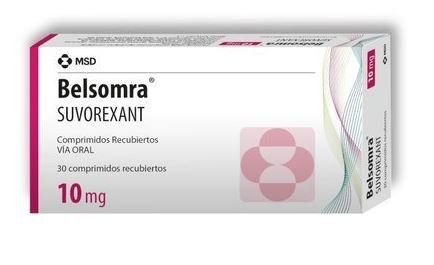This is an automatically translated article.
While some people have trouble falling asleep, others can fall asleep easily, fall asleep quickly, fall asleep anytime or anywhere. As strange as it may seem, falling asleep too quickly can be a warning sign of a sleep disorder.
1. How does somnolence happen?
Usually the feeling of drowsiness arises when a substance called Adenosine accumulates in the brain. When the body is awake, the process of energy expenditure and metabolism takes place, causing the amount of Adenosine to increase gradually, if the brain is awake for a long time, it is easier to fall asleep.
Sleeping too fast is usually caused by 2 situations:
During the day, you are tired of working, you can easily fall asleep to make up for the energy lost in the morning. Use sleeping pills or substances that make it easier to fall asleep. This is called unnatural sleep. During sleep, the body will gradually reduce the amount of this substance thanks to the detoxification of the lymphatic system. So when you wake up in the morning, the amount of Adenosine as well as the feeling of sleepiness will be at the lowest level, keeping us in the most alert state of the day.
For example, if you keep your body awake for 30 hours continuously, your body will run out of energy and you will feel very sleepy, fall asleep quickly and sleep longer than usual. This is due to excess levels of Adenosine affecting your nervous system. Likewise, if you stay up late, beyond your normal bedtime, you'll fall asleep quickly due to the increased levels of Adenosine. So, what if Adenosine levels are always too high?

Làm việc mệt mỏi sẽ khiến cơ thể chìm vào giấc ngủ nhanh hơn
2. Causes of fast sleep
A common cause of people falling asleep quickly is lack of sleep. If your body doesn't get enough sleep, rest, recharge, and get rid of adenosine, you'll fall asleep quickly.
It is estimated that the average person spends more than 8 hours/day sleeping. But there are also people who need more or less sleep. If you feel sleepy all the time, fall asleep too quickly, need a lot of naps, fall asleep or stay asleep, your body may be severely sleep deprived.
Poor sleep quality, not sleeping deeply and not getting enough sleep will also make you crave sleep often. One of the causes of restless sleep is sleep apnea, loud snoring, and irregular breathing that keep you awake during the night.
In addition, teeth grinding or nocturia also impair sleep quality. Cyclic leg movements at night can also be a sign of restless legs syndrome, which disrupts sleep.
Restless sleep is also associated with narcolepsy (Narcolepsy) which is a rare brain disorder. In this disease, the brain cannot regulate sleep and wake up as usual, the patient will suddenly fall asleep (sleep too quickly) without warning. If these tests are inconclusive or find a cause, it is generally assumed that somnolence is essential.

Chất lượng giấc ngủ kém cũng khiến bạn thèm ngủ nhiều hơn
3. Methods of assessing sleep
The fastest way to determine your level of sleepiness is to take the Epworth Sleep Scale. Scores above 10 tend to increase sleepiness.
Another method is the multiple sleep latency test (MSLT) to assess sleepiness and the possibility of narcolepsy.
The MSLT trial will include 5 naps, each lasting 20 minutes, every 2 hours for 1 day.
MSLT results are considered abnormal if it takes you less than 8 minutes to fall asleep or the onset of the Rapid Eye Movement (REM) phase of at least 2 naps, which suggests you have a high chance of developing the disease. narcolepsy.
Difficulty sleeping or sleeping too quickly both have negative effects on long-term health. To have quality sleep, you should adjust your life rhythm and lifestyle so that you start sleeping after 5-15 minutes, this is the ideal time. If you fall asleep too quickly, take a short nap, are often tired, exhausted, then you need to see a sleep specialist for better advice.

5-15 phút là mốc thời gian lý tưởng để bạn bắt đầu giấc ngủ
Please dial HOTLINE for more information or register for an appointment HERE. Download MyVinmec app to make appointments faster and to manage your bookings easily.













